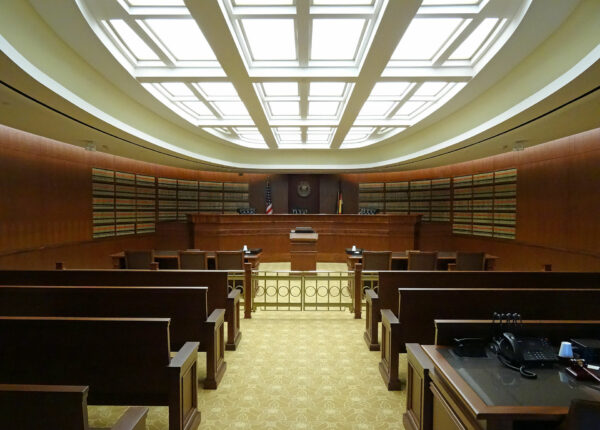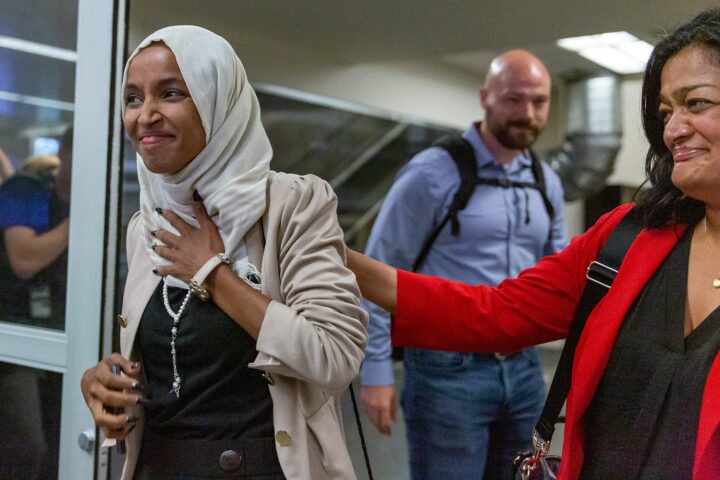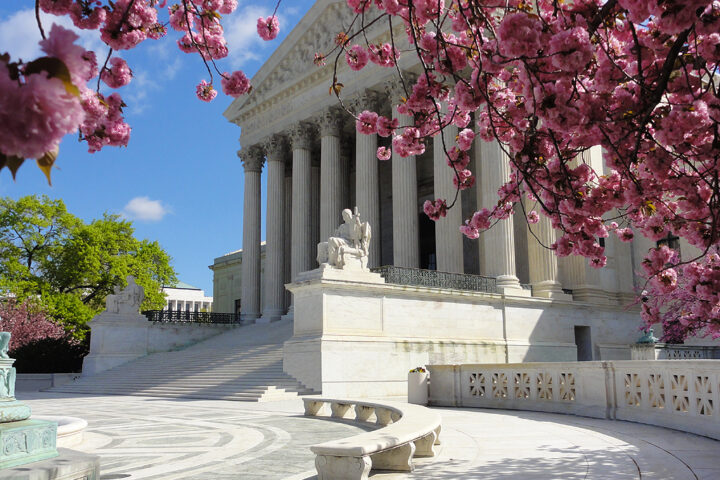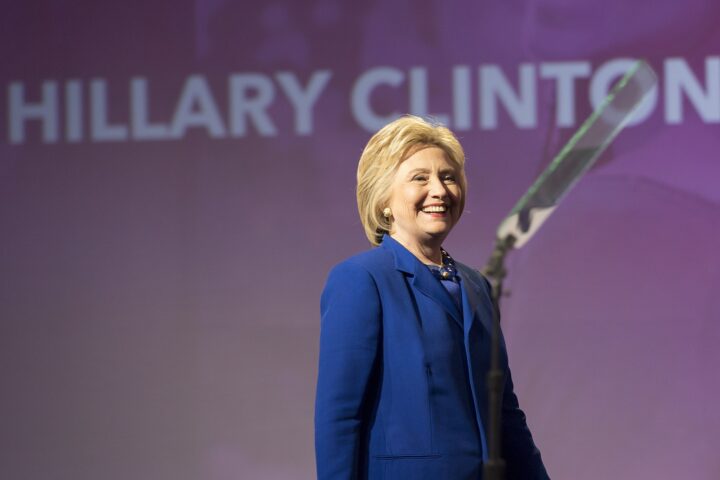In a significant legal setback for President Donald Trump, a federal judge has now reportedly blocked his executive order aimed at overhauling election processes in the United States.
Judge Denise J. Casper of the U.S. District Court in Massachusetts issued the ruling on Friday, stating that the Constitution does not grant the president specific powers over elections.
Trump’s executive order, signed on March 25, sought to compel election officials to require documentary proof of citizenship for voter registration in federal elections.
It also aimed to restrict the acceptance of mail-in ballots to those received by Election Day and to condition federal election grant funding on states adhering to these new deadlines.
The ruling follows a challenge from a coalition of Democratic state attorneys general, who argued that the executive order was unconstitutional and violated states’ rights by attempting to amend election laws without legislative approval.
They contended that the directive represented an overreach of presidential authority, undermining the established processes that govern elections.
In her ruling, Judge Casper echoed these concerns, stating that the requirements laid out in Trump’s order would impose significant burdens on states, necessitating costly updates to their election procedures.
She emphasized that while U.S. citizenship is indeed required to vote in federal elections, the existing federal voter registration forms already include an attestation of citizenship.
The White House defended the executive order as a necessary measure to ensure the integrity of American elections, framing the push for proof of citizenship as a commonsense requirement.
Trump himself criticized the current state of election protections in the U.S., comparing it unfavorably to practices in other nations.
He pointed out that countries like India and Brazil employ biometric databases for voter identification, while the United States relies on self-attestation.
This ruling marks the second time a federal judge has blocked key components of Trump’s election directive.
A previous decision in Washington, D.C., had already struck down parts of the order, including the proof-of-citizenship requirement for federal voter registration.
As the legal battle continues, the implications of these rulings could reshape the landscape of election law in the United States.
Critics of Trump’s approach argue that such measures could disenfranchise voters, particularly among marginalized communities, while supporters maintain that they are necessary to uphold electoral integrity.
The ongoing discourse surrounding election laws highlights the complexities of balancing federal oversight with states’ rights, a debate that is likely to intensify as the nation approaches the next election cycle.
With two judges now siding against Trump’s initiatives, the future of his proposed changes to election protocols remains uncertain as legal challenges persist.
[READ MORE: Trump Backs Israel After Massive Attack on Iran]








